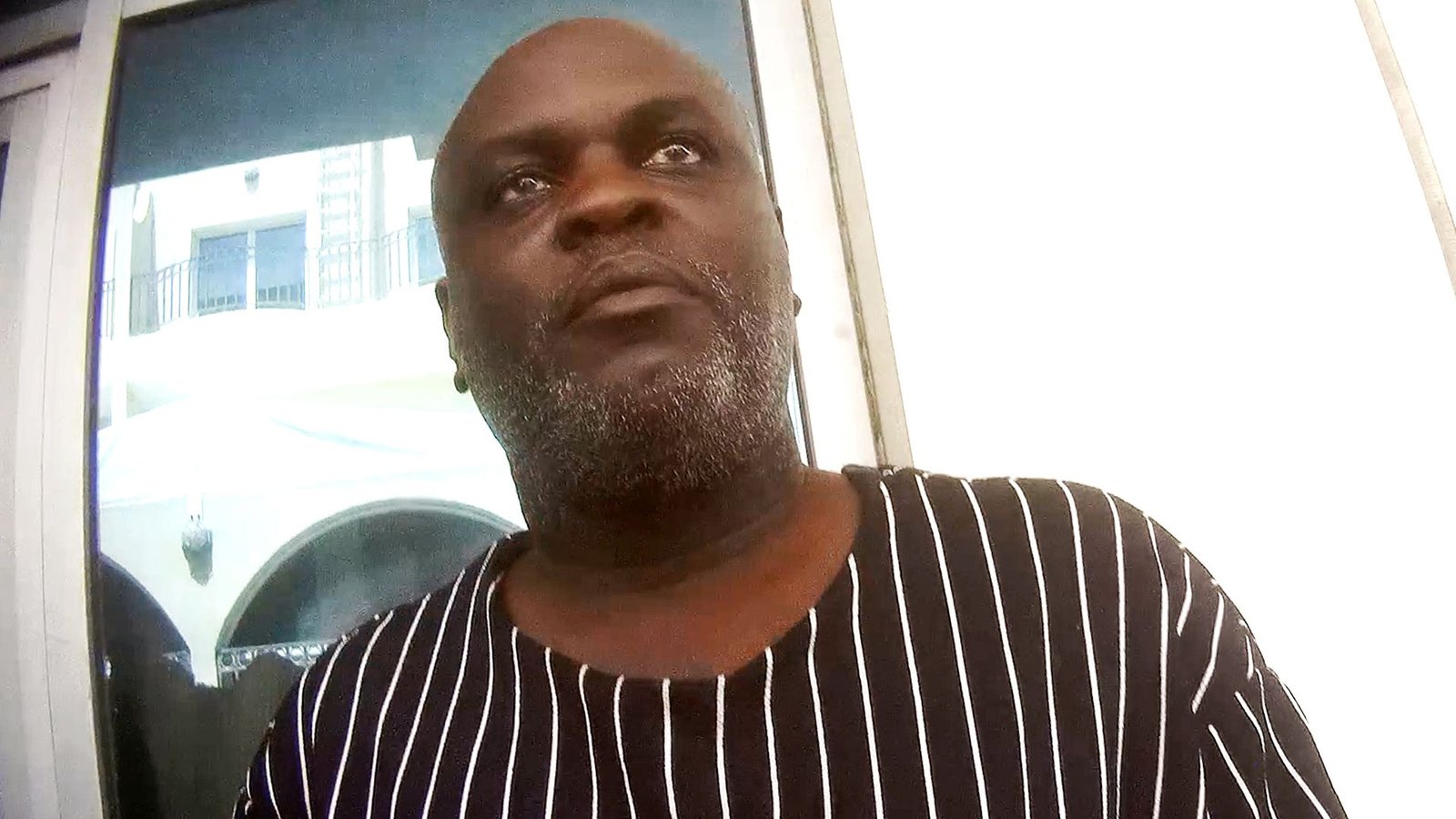Uganda’s Ambassador to the United Arab Emirates (UAE), Zaake W. Kibedi, has dismissed claims that a man identified as “Abbey Mwesigwa” in a recent BBC investigation into human trafficking is Ugandan, saying the suspect is a foreign national who has since been arrested in coordination with his country’s authorities.
The BBC documentary, which aired earlier this month, exposed a trafficking network that lured women from East Africa including Uganda into the Middle East under the guise of lucrative domestic work. The man featured in the report, presented as Ugandan, was accused of orchestrating part of the recruitment and exploitation of vulnerable women.
However, Ambassador Kibedi clarified during a Friday press briefing that the suspect’s legal identification documents prove he is not Ugandan, despite being portrayed as such in the international media.
“The issue of one Abe who was reported to be trafficking Ugandans I want to respond by saying that first of all, he is not Ugandan according to the legal documents. His identity is non-Ugandan,” Kibedi said. “However, we collaborated with the embassy of the country for which he is a citizen, and he was arrested. As I speak now, he is under arrest, and we are working with that country to ensure he is prosecuted.”
Kibedi added that while the BBC report highlighted a real and growing concern of human trafficking involving Ugandan nationals in the Gulf, most of the victims are those living in the UAE illegally, often after overstaying their work visas.
“There are over 160,000 Ugandans living and working in the UAE. Out of these, about 8,000 are there illegally some trafficked, others having trafficked themselves,” he explained.
The ambassador also pointed out that through Uganda’s engagement with UAE authorities, more than 1,800 irregular migrants have been repatriated since 2024 under a temporary amnesty programme, and efforts continue to assist those still stranded.
He urged Ugandans seeking opportunities abroad to use licensed labour export companies and avoid traffickers, stressing that the government remains committed to protecting citizens abroad through diplomatic and consular efforts.
The clarification comes amid heightened scrutiny of labour migration policies following global attention to the BBC exposé, which has reignited debate over the protection of Ugandan migrant workers in the Middle East.





